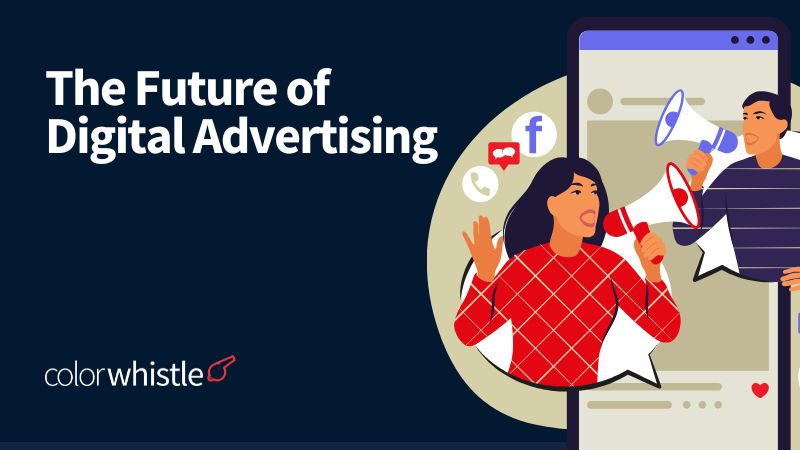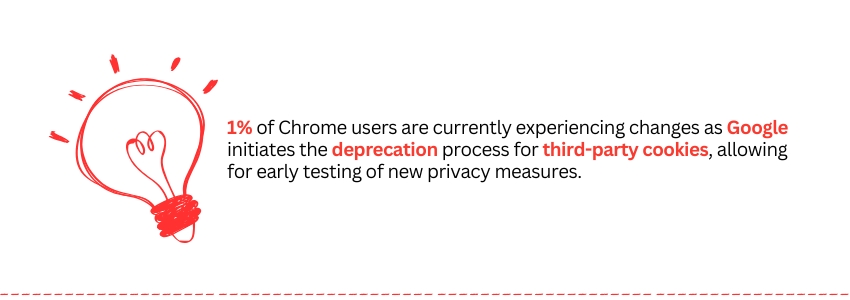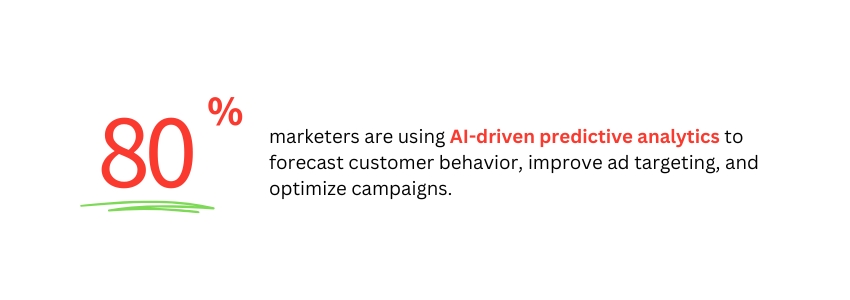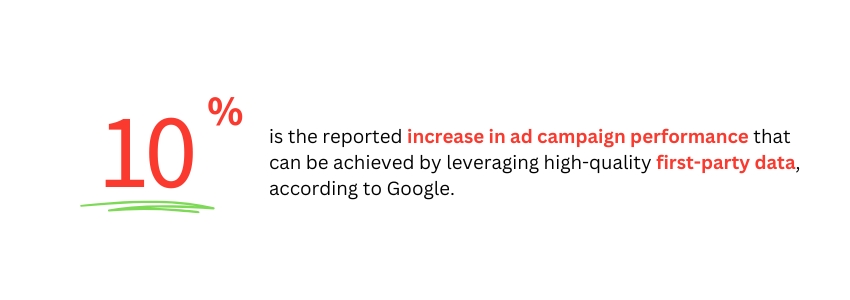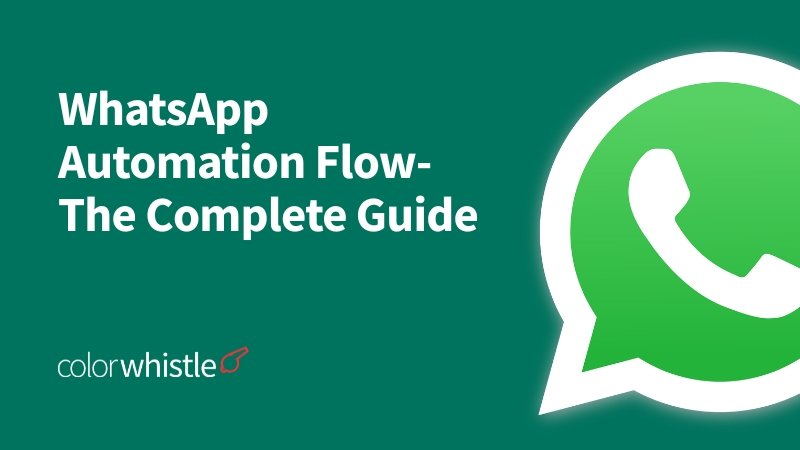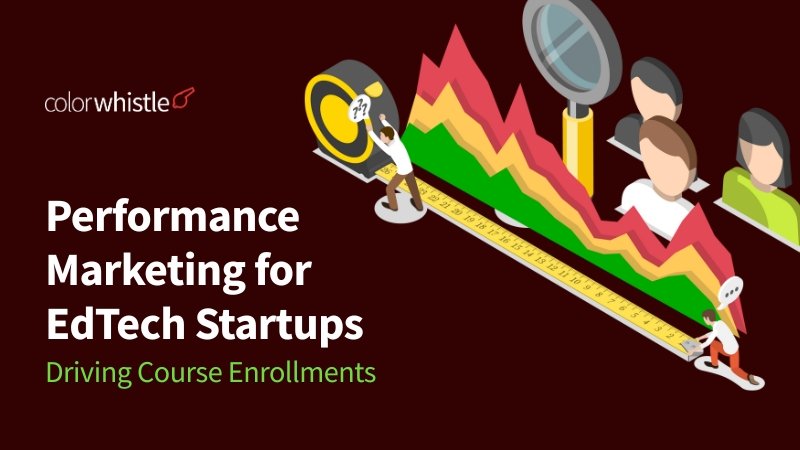The evolution of digital advertising brings forth considerable challenges for marketers due to the forthcoming elimination of third-party cookies. This transition requires a thorough reassessment of strategies to sustain effective audience targeting and engagement. In light of this, marketing automation services become essential, allowing businesses to comply with new privacy regulations while enhancing their advertising initiatives.
By utilizing advanced technologies and data-driven insights, organizations can effectively manoeuvre through the intricacies of a cookie-less landscape, ensuring that their marketing efforts remain relevant and impactful moving forward.
What is Cookie Deprecation?
Cookie deprecation signifies the gradual discontinuation of third-party cookies, which are minor data files that enable websites to observe user behavior and preferences across the web. This shift is primarily influenced by heightened privacy issues and regulatory actions aimed at enhancing the protection of user data. With major web browsers enforcing restrictions on third-party cookies, advertisers face substantial obstacles in preserving effective targeting and measurement strategies.
Also Read
The Role of Automation in Digital Advertising
As cookie deprecation looms, automation is increasingly recognized as a vital solution. By enhancing processes and adopting advanced technologies, brands can strengthen their advertising strategies without depending on traditional tracking approaches. Here are some methods through which automation can offer support.
Enhanced Data Management
Automation tools enable advertisers to handle first-party data with greater efficiency. By gathering and examining data sourced directly from their platforms, brands can obtain valuable insights into customer behavior without relying on third-party cookies. This method facilitates more precise targeting based on users’ engagement with the brand.
Programmatic Advertising
Programmatic advertising automates the real-time transactions of ad space, enhancing brands’ ability to effectively engage with their target audiences. By harnessing first-party data alongside contextual targeting, advertisers can continue to offer personalized experiences while eliminating the need for third-party cookies.
Predictive Analytics
Utilizing machine learning algorithms, automation can examine extensive datasets to forecast future consumer behavior. This enables brands to leverage these insights in developing personalized marketing campaigns that effectively engage their audience, independent of cookie-based tracking.
Cross-Channel Consistency
Automation enables businesses to uphold a uniform brand message across diverse platforms. By consolidating various marketing channels into a single automated framework, organizations can guarantee that their advertising initiatives are coherent and in harmony with overarching marketing objectives. This uniformity is essential for fostering brand recognition and cultivating trust among consumers.
Also Read
The Role of First-Party Data
As digital advertising evolves beyond the use of third-party cookies, the role of first-party data becomes more vital for crafting effective marketing strategies. This data, sourced directly from user interactions with a brand, yields distinctive insights that are fundamental for accurate targeting and personalized marketing efforts.
Understanding First-Party Data
First-party data refers to the information collected directly from customers through multiple channels, including websites, mobile applications, and social media platforms. This type of data is considered trustworthy as it originates from the primary source, accurately representing genuine user behaviors and preferences. In contrast to third-party data, which may lack precision and be more challenging to authenticate, first-party data enables marketers to create comprehensive customer profiles grounded in authentic interactions.
Enhancing Targeting and Personalization
The use of first-party data allows marketers to more accurately segment their audiences. By examining customer behaviors and preferences, businesses can develop customized marketing messages that appeal to distinct groups. This level of precision results in increased engagement rates and better conversion results. For instance, a retailer may focus on previous buyers with personalized promotions linked to their past purchases, thereby increasing the chances of repeat transactions.
Driving ROI and Customer Loyalty
The utilization of first-party data greatly enhances return on investment (ROI). Organizations that capitalize on this data have observed considerable growth in revenue and reductions in costs, attributed to more effective marketing approaches. Additionally, by delivering personalized experiences informed by first-party insights, businesses can cultivate strong customer relationships and improve loyalty, thereby promoting sustained success in an advertising landscape devoid of cookies.
Also Read
Wrapping Up
The future of digital advertising is set to undergo a substantial shift as brands confront the implications of cookie deprecation. By adopting automation and focusing on first-party data strategies, marketers can adeptly navigate this new terrain while preserving personalized interactions with consumers. Moving forward, an emphasis on privacy, innovation, and ethical conduct will be vital for achieving success in the changing landscape of digital advertising.
ColorWhistle specializes in Marketing Automation Services, providing tailored solutions to enhance your digital marketing efforts. Contact us at +1 (919) 234-5140 to begin working together towards accomplishing your business objectives.
What’s Next?
Now that you’ve had the chance to explore our blog, it’s time to take the next step and see what opportunities await!

